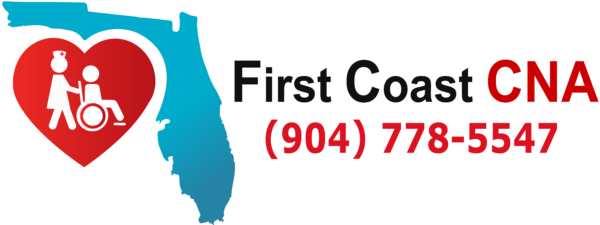When you decided to become a CNA, you probably did so in part because you wanted to make the world a better place. But the constant day-to-day grind of working in a high-intensity environment with people who are facing traumatic scenarios can take a toll on even the most compassionate nurses.
The point here isn’t to be depressing or say you should resign yourself to a career that ends in bitterness. In medicine, recognizing a problem is the first step toward treating it. Likewise, knowing how to recognize and avoid caregiver burnout is the first step toward building a happier career and a happier you.
What Is Burnout
Almost every career has its own version of burnout. It’s the moment when the demands of the career feel as though they exceed your abilities, and you find yourself physically, mentally, and emotionally exhausted. In the nursing world, this is often directly related to one’s ability to continue responding with compassion to patients’ plights. That’s why caregiver burnout is often called “compassion fatigue.”
Signs of Burnout
There are clear signs of burnout, though sometimes, we find ourselves too busy to recognize them in ourselves. Often, the circumstances around you are strained, you have too much to do and not enough resources, others are making large demands of you, or you have unrealistic expectations of yourself. You will also notice changes in yourself, such as:
- Fatigue
- Anxiety
- Loss of patience
- Irritability
- Resentment
- Depression
- Loss of sleep
- Becoming more susceptible to illness
- Inability to relax, even when you have time to do so
When the weight of your career feels too big to hold, chances are you’re feeling burnt out.
How To Avoid Burnout
One of the best ways to recognize and avoid caregiver burnout is to identify and set up reasonable boundaries for yourself. Recognize your personal limits. How many shifts a week can you reasonably cover? What situations at work cause you the most stress? Be realistic about the expectations you place on yourself and try not to go beyond what you can realistically do.
Along with the physical boundaries, it’s important to set emotional boundaries. Emotional boundaries include how much of a patient’s emotional trauma you take on as your own. It’s ok to empathize with a patient’s plight, but no one person can physically bear the weight of every traumatic situation they come across. It also means not holding yourself responsible for patients whose recoveries don’t go the way you want them to.
When one sets out to learn how to become a nursing assistant in Florida, they don’t usually do it with burnout in mind. But recognizing burnout as an issue will allow you to take the steps to avoid it before it even starts. It won’t always make your job easy, but it’ll make the burden of people’s health easier to bear.
